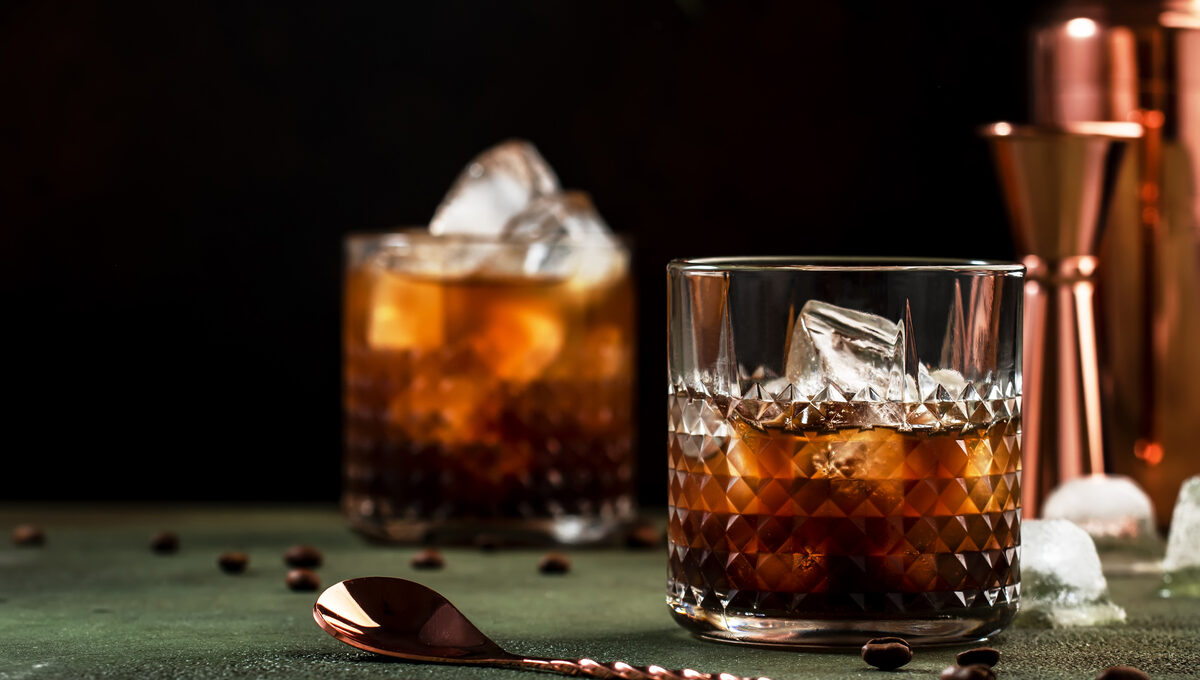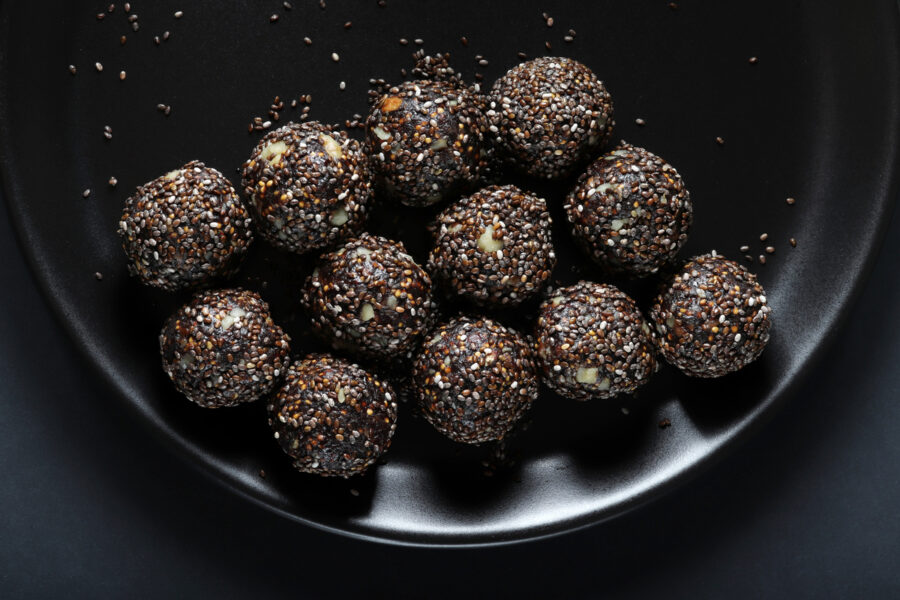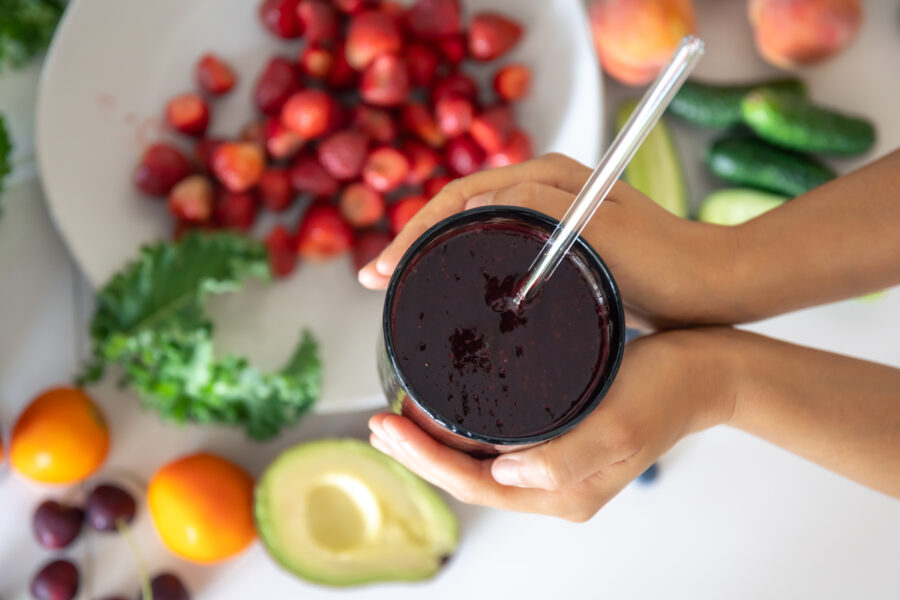Alcohol and caffeine are common components of many people’s diets, but their effects on skin health are often overlooked. Understanding how these substances influence your skin can help you make more informed choices about their consumption and its impact on your overall complexion.
The Effects of Alcohol on Skin
Alcohol is a diuretic, which means it increases urine production and can lead to dehydration. When your body becomes dehydrated, so does your skin, resulting in dryness, flakiness, and a dull appearance.
Moreover, excessive alcohol consumption can disrupt liver function. The liver plays a crucial role in detoxifying the body, including the skin. When the liver is overburdened, toxins can accumulate, potentially leading to skin issues such as breakouts, redness, and inflammation.
Alcohol also has an inflammatory effect on the body, which can exacerbate existing skin conditions like acne and rosacea. Chronic inflammation can break down collagen and elastin, essential proteins that maintain skin firmness and elasticity. This breakdown contributes to premature aging and the formation of wrinkles.
The Effects of Caffeine on Skin
Caffeine, found in coffee, tea, and various energy drinks, is less impactful on skin health compared to alcohol, but it still plays a role. While moderate caffeine intake is generally not harmful, excessive consumption can have negative effects. Caffeine is also a diuretic, which means it can contribute to dehydration if not balanced with adequate water intake. This dehydration can make the skin appear dull and tired.
Additionally, caffeine can affect sleep patterns. Poor sleep is closely linked to skin issues such as dark circles, puffiness, and a lackluster complexion.
Balancing Consumption for Optimal Skin Health
Moderation is key when it comes to alcohol and caffeine consumption. For alcohol, it is advisable to drink in moderation and ensure you are staying hydrated by drinking plenty of water. This helps mitigate the dehydrating effects of alcohol and supports overall skin health. Including hydrating skincare products can also help counteract the dryness caused by alcohol consumption.
For caffeine, balancing your intake with adequate hydration and maintaining a healthy sleep schedule can help minimize any negative effects on your skin. Opting for non-caffeinated herbal teas and reducing your consumption of caffeinated beverages can also benefit your skin.
Conclusion
Both alcohol and caffeine can influence skin health in various ways, from dehydration to disruption of sleep patterns. By moderating your intake and balancing it with proper hydration and healthy habits, you can mitigate their potential negative effects on your skin. As with any aspect of health, mindful consumption and a holistic approach are essential for maintaining a radiant and healthy complexion.







Leave a Comment